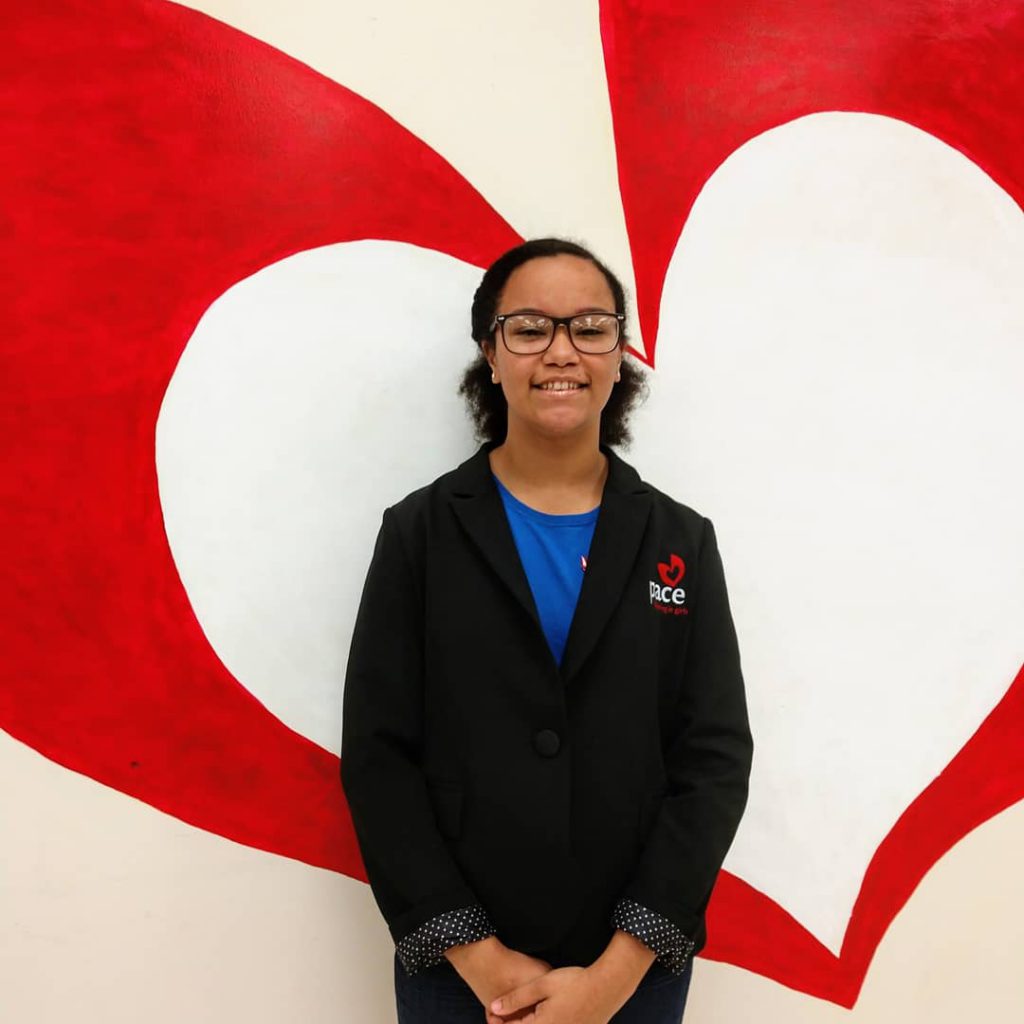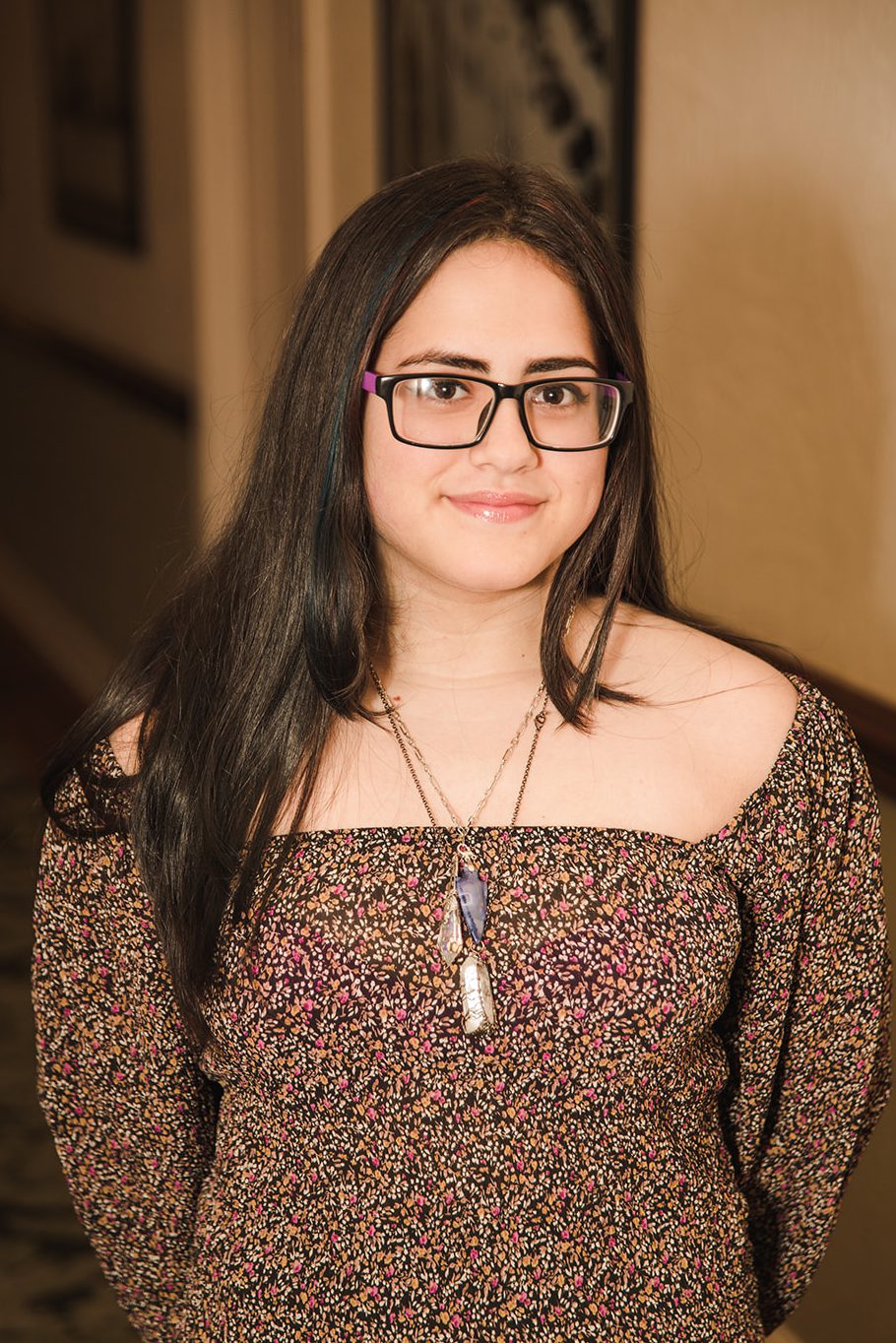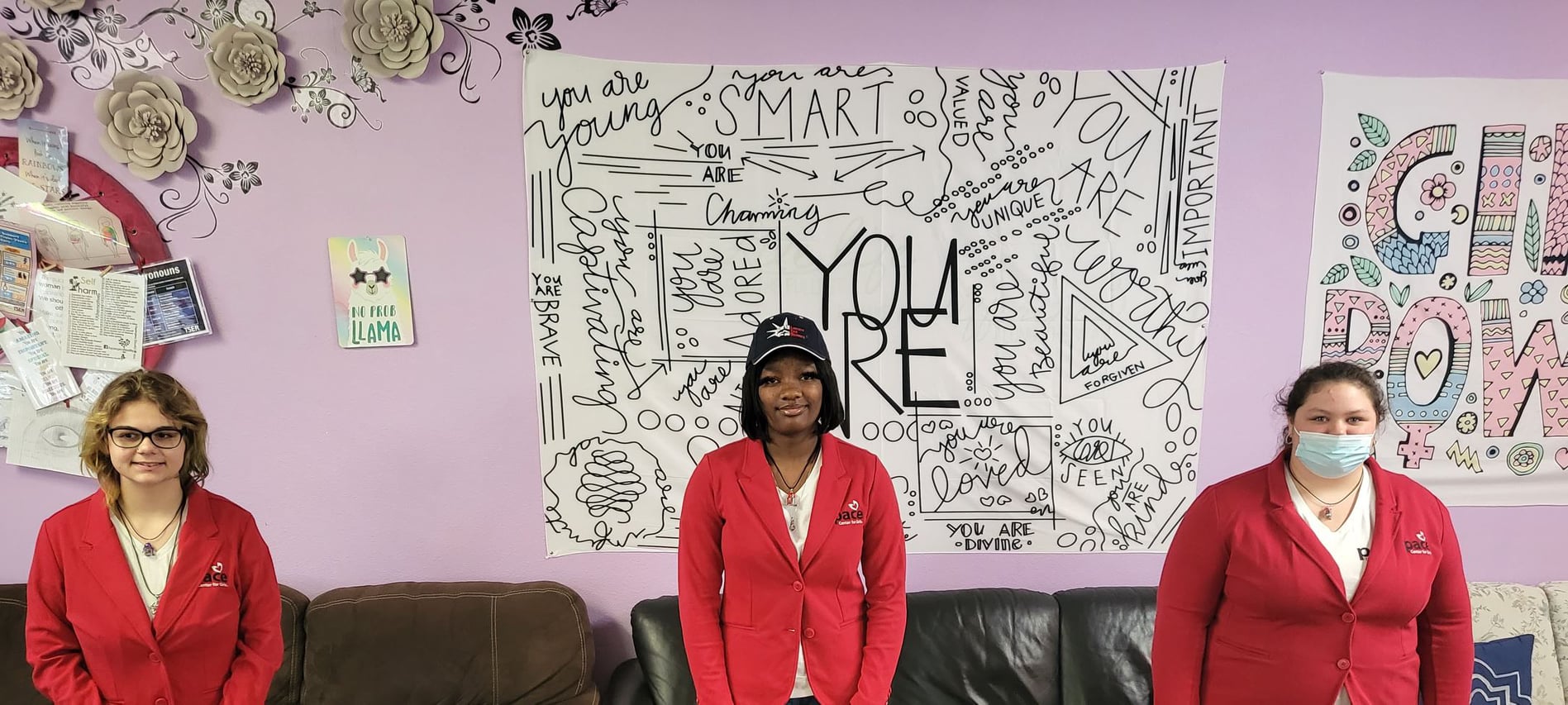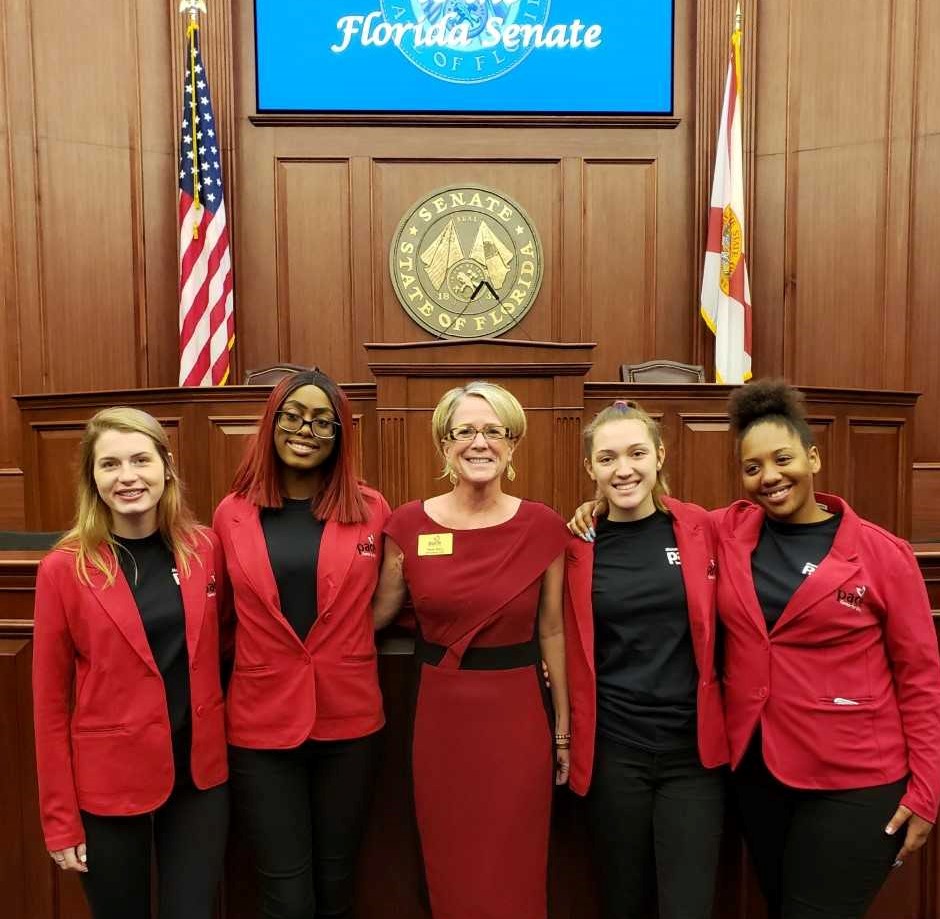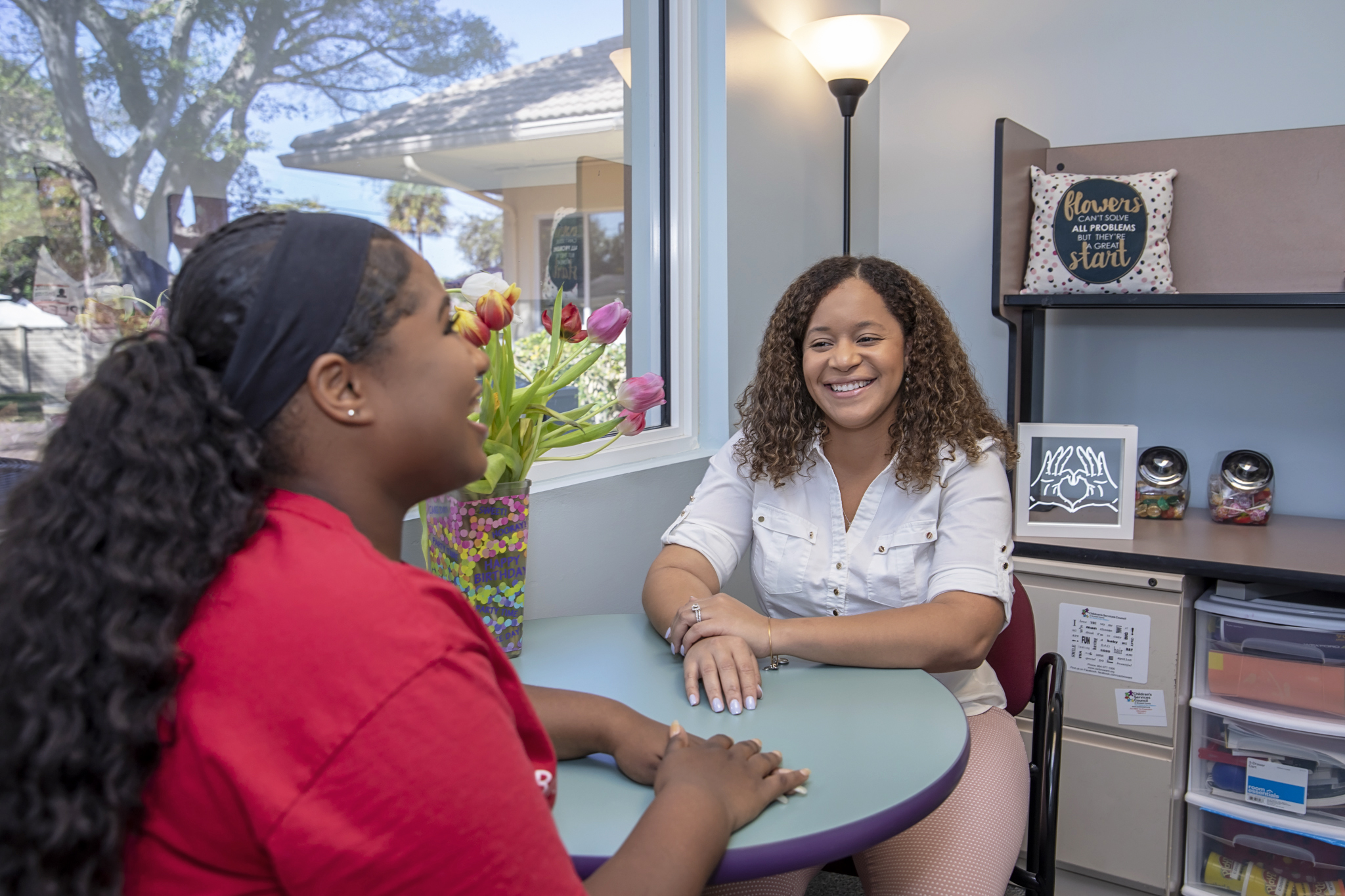In January, we hosted Pace Day at the Capitol (PDAC), our annual advocacy event in Tallahassee, FL that brings Pace girls, leadership and team members together to meet with elected officials.
This event also empowers our girls to use their voices to advocate for themselves and girls like them, in areas including education access, juvenile justice, mental health and more.
Over two days of virtual meetings, training and programs, girls learned about politics and policymaking, ways to effectively advocate for themselves, and how to authentically share their stories. They put their new skills to practice in a mock debate about summer school and the length of the school year and also spoke with state legislators to advocate for the policies that are important to them.
We sat down with two girls, Alyssa from Pace Pinellas and Jay from Pace Jacksonville, who shared about their experiences at PDAC:
Tell us about your experience at PDAC.
Alyssa: Pace Day at the Capitol gave me the chance to be heard by other girls at the Pace centers and the legislators.
Jay: Having my voice heard made me feel important and worth someone’s time. It makes me feel like there is a purpose for me and my decisions. Because of Pace Day at the Capitol, I feel like I am not alone and capable of talking to people and making a difference in today’s world.
What did you like about the mock debate?
Alyssa: During the mock debate,I was glad to share my opinion about school being optional in the summer. I also got a chance to be heard because talking in front of a lot of people usually makes me really nervous, but because of the support from the girls in the room with me, I was able to speak in front of people.
What impact did Pace Day at the Capitol have on you?
Jay: This experience taught me that having the responsibility of using my voice is important since it can make a difference and help others. It’s important for girls like me to use their voice because in a world with many problems we need people to stand up and speak.
Alyssa: Since the Pace Day at the Capitol, I feel more confident in myself to talk in front of big groups of people. Pace Pinellas itself has also helped me with talking in front of large crowds by challenging myself and pushing myself for the better. It has helped me so much in the long run, and I’m so glad to say that everyone on the Pace Day at the Capitol meetings were supportive to the girls that were talking also.
Any words of advice for other girls interested in participating at PDAC?
Jay: Go for it. I learned a lot from Pace Day at the Capitol, so I think that it can also help other girls as well.
–
Through Pace Day at the Capitol, our girls embody the strength, passion and integrity to build a better and brighter world for all of us. We continue to be inspired by the growth and development our girls demonstrate to make their communities stronger for all.
